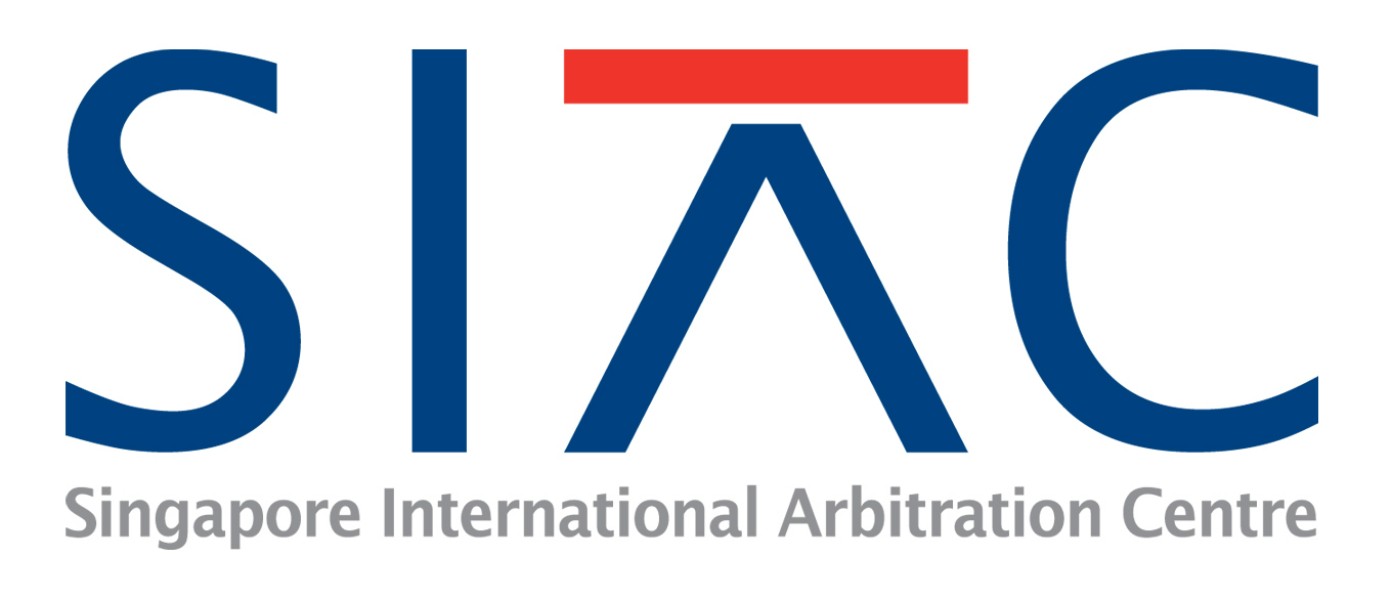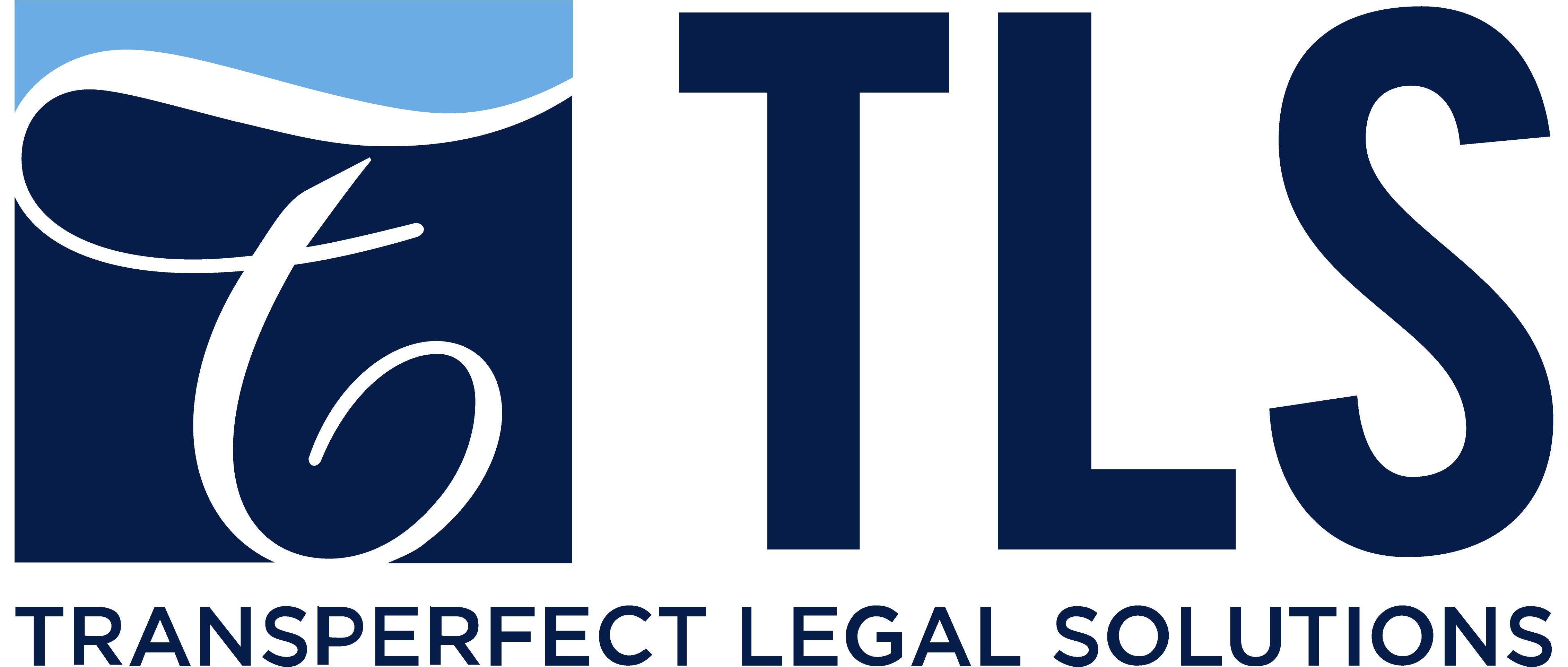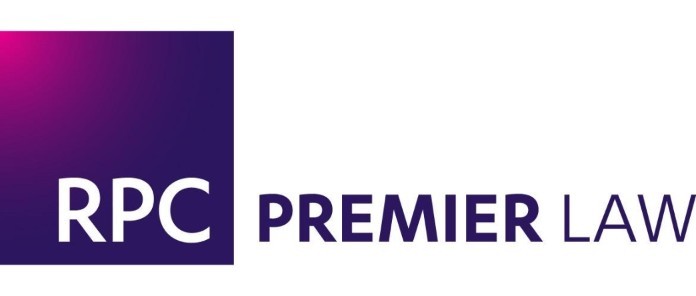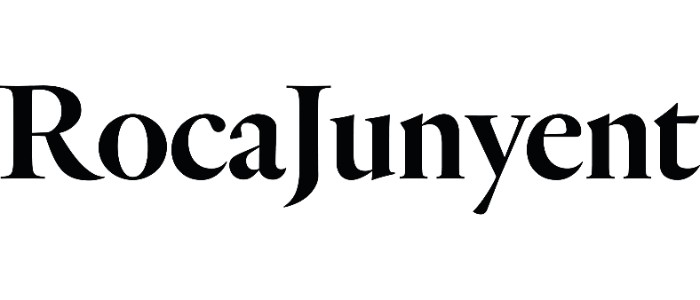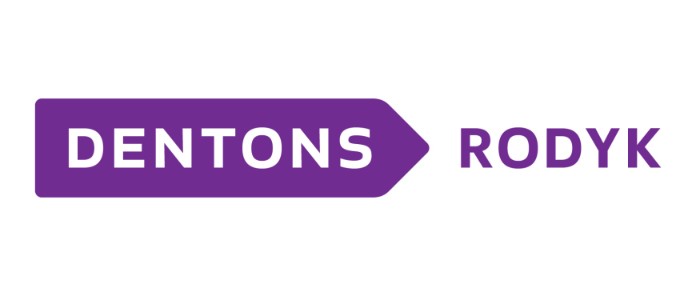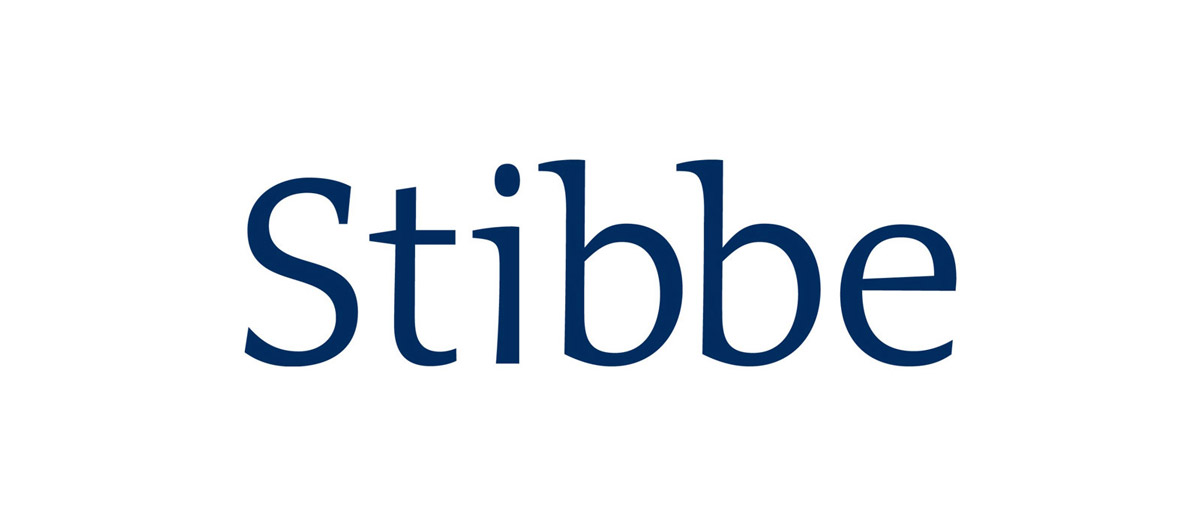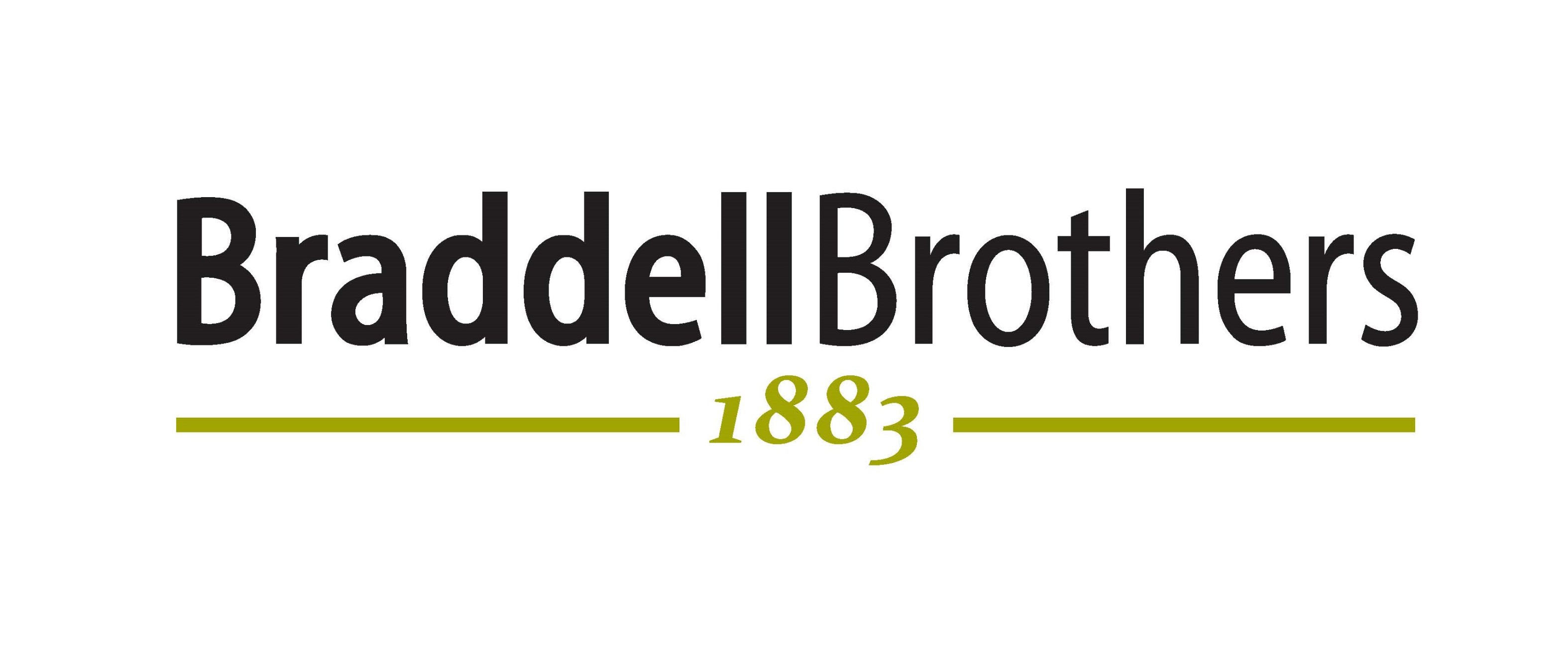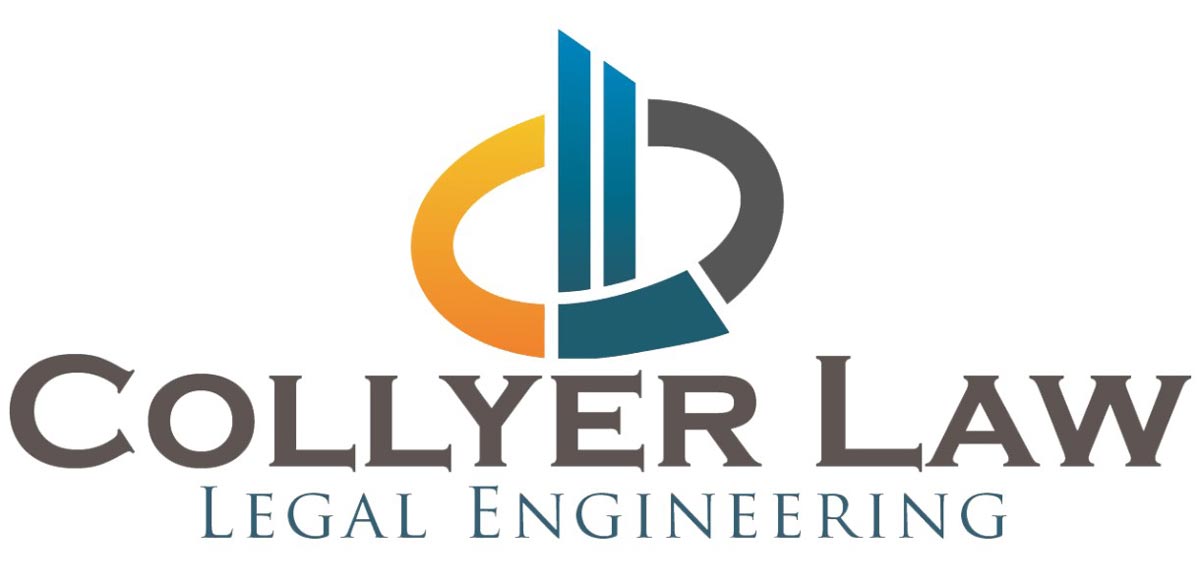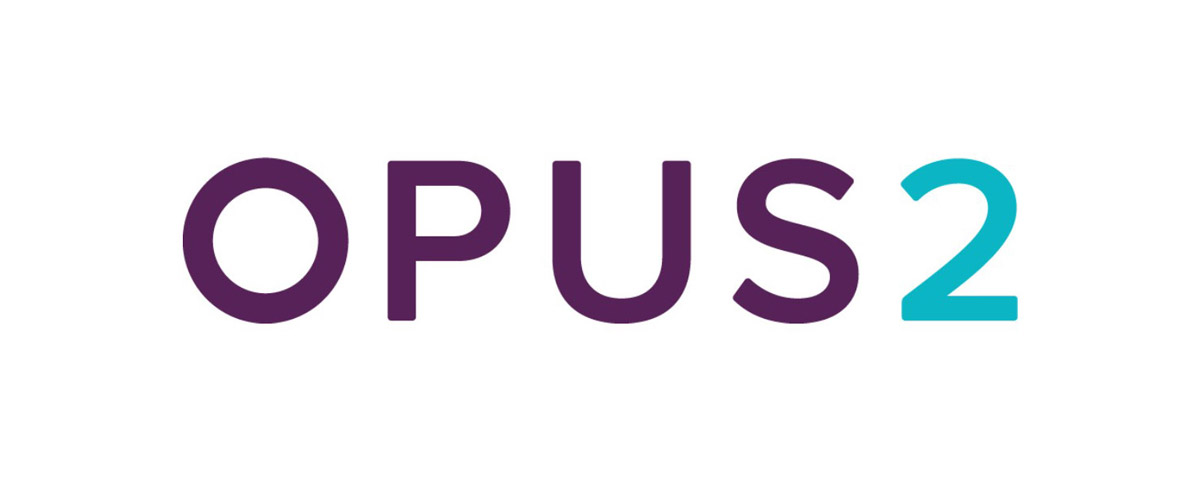The use of software algorithms to automate organisational functions traditionally carried out by human managers has been termed “algorithmic management”. It is identified in both, platform work and conventional employment settings, where part of the employer’s authority is being performed by automated processes.
Think of the gig economy where platform workers are “instructed” to serve clients within seconds of clients submitting a request in their app or warehousing employees whose performance is “evaluated” by automated processes in terms of number of completed tasks. Other examples can be found in hiring and firing decisions (partly) relying on automated processes in the context of diversity and inclusion policies or performance management processes.
Also in an immigration context algorithmic management has become increasingly relevant now several countries have announced to turn to technology to improve the quality and efficiency of their public services and are using automated processes to augment and replace human decision-making in immigration and refugee systems.
During this panel we will explore the impact of Algorithmic Management in an employment and immigration law context. Do companies need to inform and consult with their works council when implementing such technologies? Can employers legally shift part of their employer’s authority to technology and how can they mitigate risks of unfair dismissal and discrimination claims when doing so? What about privacy and GDPR issues? And how is employee mobility impacted by automated immigration processes?
The future of the legal profession will undoubtedly evolve towards a more technological approach. Tech-savvy employment lawyers are likely to better understand the needs of companies seeking legal advice and better assess the risks associated with algorithmic management when applying existing employment law to new trends. From this experience, lessons learned can shape future employment laws.












